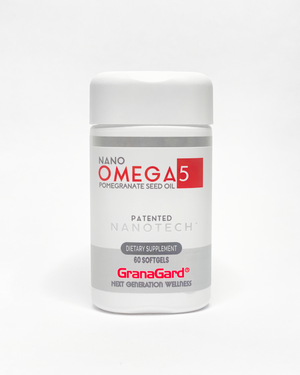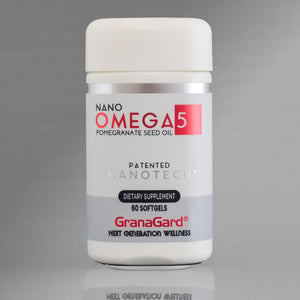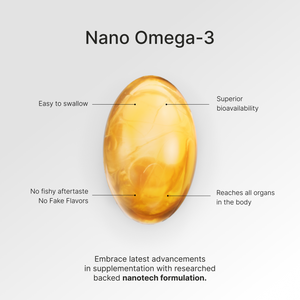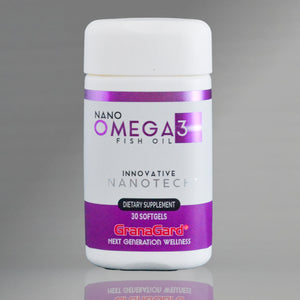Enhancing Antioxidant Intake for Optimal Health and Well-being
Our bodies are constantly engaged in metabolic and respiratory processes, generating energy essential for sustaining life. However, these processes also produce free radicals, which must be countered by our endogenous antioxidant system. While our bodies possess an innate defense mechanism against oxidative stress, it may not be sufficient to combat the free radicals generated by both physiological processes and external factors like pollution, UV rays, and unhealthy lifestyle choices such as smoking and excessive alcohol consumption.
Role of Antioxidant Foods
Consuming antioxidant-rich foods is crucial for bolstering our body's defense against oxidative damage. These foods provide essential vitamins, minerals, and phytochemicals that scavenge free radicals and promote overall health.
Increasing Antioxidant Foods in the Diet
The natural way to boost antioxidant levels in the body is through dietary means. Here's a breakdown of key antioxidants and their food sources:
- Vitamin C: Found in citrus fruits, green leafy vegetables, strawberries, green peppers, broccoli, cabbage, and potatoes, vitamin C acts as the body's primary defense against diseases.
- Vitamin E: Present in whole grains, nuts and seeds, wheat germ, green leafy vegetables, and fish liver oil, vitamin E protects the skin and supports overall health.
- Betacarotene: Abundant in green, yellow, and dark orange fruits and vegetables like kale, cabbage, carrots, pumpkins, tomatoes, melon, apricots, and peaches, betacarotene offers UV protection and antioxidant benefits.
- Selenium: Found in fish, seafood, eggs, chicken, garlic, grains, and red meats, selenium is a potent antioxidant that supports various bodily functions.
- Glutathione: Naturally produced in the body and found in foods like asparagus, avocado, spinach, broccoli, watermelon, strawberries, melon, peaches, and pumpkin, glutathione protects cells from toxins and free radicals.
- Peroxidase: Available in mangoes, soybeans, turnips, and horseradish root, peroxidase is an enzyme antioxidant that aids in neutralizing free radicals.
- Flavonoids: Found in blueberries, beets, grapes, oranges, strawberries, green tea, grapefruit, kale, and pomegranate, flavonoids support overall antioxidant activity and promote cell health.
- Polyphenolic Antioxidants: Rich sources include pomegranate, blackberries, blueberries, cherries, raspberries, strawberries, apples, grapes, broccoli, cabbage, celery, onion, green tea, olive oil, whole grains, and chocolate.
- Punicic Acid (Omega 5): Abundant in pomegranate fruit, punicic acid is hailed as one of the most potent antioxidants, offering protective benefits against oxidative stress.
Antioxidant Supplements
In today's fast-paced lifestyle, it may be challenging to obtain an adequate intake of antioxidants solely through diet. In such cases, antioxidant supplements can bridge the gap. When selecting a supplement, opt for potent antioxidants capable of neutralizing multiple free radicals. GranaGard® stands out as a comprehensive antioxidant supplement, featuring nanoformulated Omega 5 that provides protection for cardiovascular health, digestive health, immune system function, muscle health, skin integrity, and even brain health.
By incorporating antioxidant-rich foods and supplements like GranaGard® into your daily routine, you can fortify your body's defenses, mitigate oxidative stress, and promote overall health and longevity.





